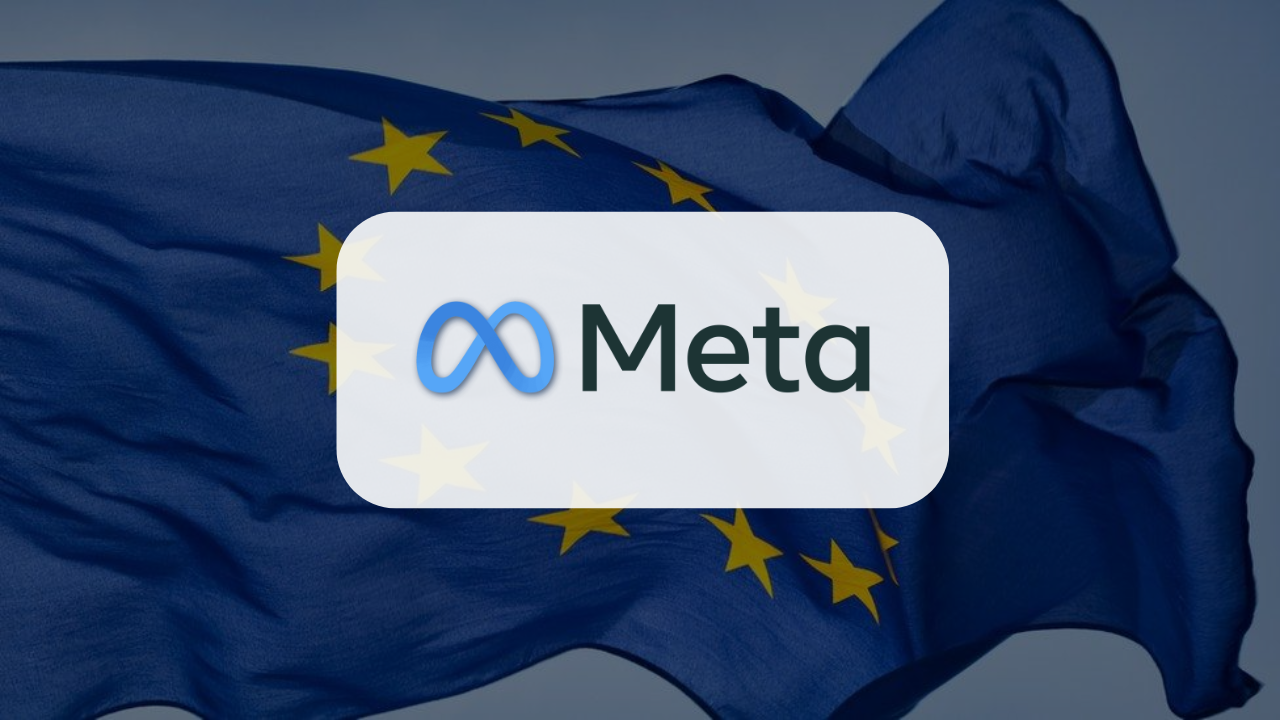Meta gets privacy watchdog’s green light to train AI on EU user data

Meta has received approval from Ireland’s Data Protection Commission (DPC) to begin using data from users in the European Union for the development and training of its artificial intelligence (AI) systems.
The green light from the DPC follows months of scrutiny and revisions by Meta, which was previously required to delay its AI rollout in Europe due to regulatory concerns around data usage and inadequate user consent. In response, Meta has adjusted its data practices to meet the standards set by the General Data Protection Regulation (GDPR) and guidance from EU/EEA supervisory authorities.
“Meta has implemented a number of significant measures and improvements,” the DPC noted in a statement, citing updates made after its recommendations. These include the launch of an enhanced objection form for users who wish to opt out of AI-related data use, in-app notifications across Facebook and Instagram, and revised risk assessment protocols.
Meta plans to begin incorporating data from EU users into its AI systems starting next week. The company has maintained that localised data is essential to ensuring AI models can deliver relevant, culturally nuanced responses.
In a recent statement, Meta said, “We believe we have a responsibility to build AI that’s not just available to Europeans, but is actually built for them.” The company pointed to the importance of capturing dialects, colloquialisms, and local humour to improve the performance of generative AI across text, voice, video, and image-based outputs.
While Meta asserts that European data will enhance the contextual relevance of its tools, the move also grants the company access to a vast new dataset. In the competitive AI landscape, such access could provide a significant advantage, as the effectiveness of AI models is largely dependent on the scale and quality of data inputs.
Despite the DPC's approval, concerns remain. Privacy advocates have raised questions about whether user consent processes are sufficiently transparent and accessible. Regulatory scrutiny is also likely to continue as Meta begins implementation.
Nonetheless, the approval marks a significant milestone in Meta’s ambitions to expand its AI capabilities globally, an effort that hinges on reconciling innovation with the privacy expectations of users and regulators.
News